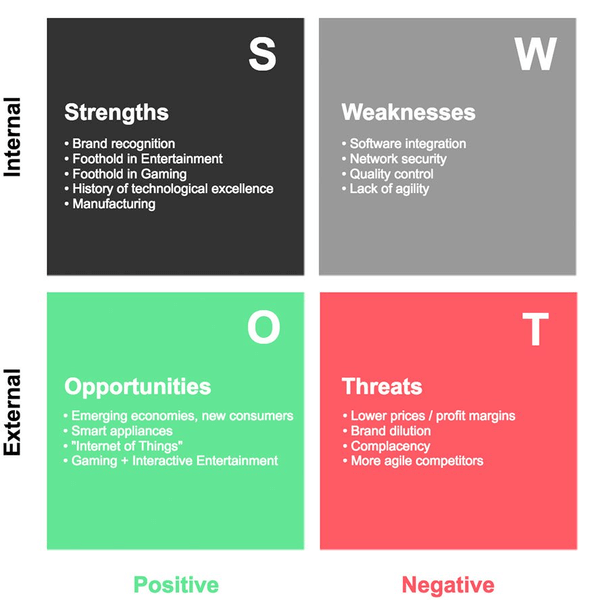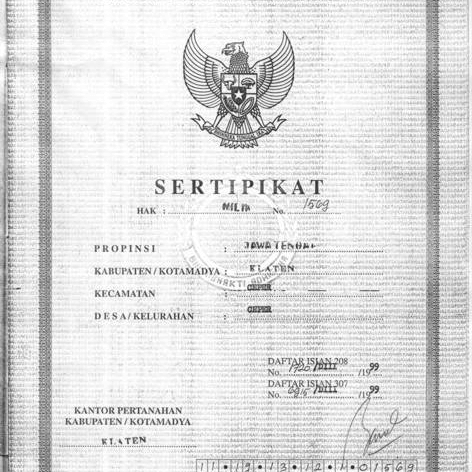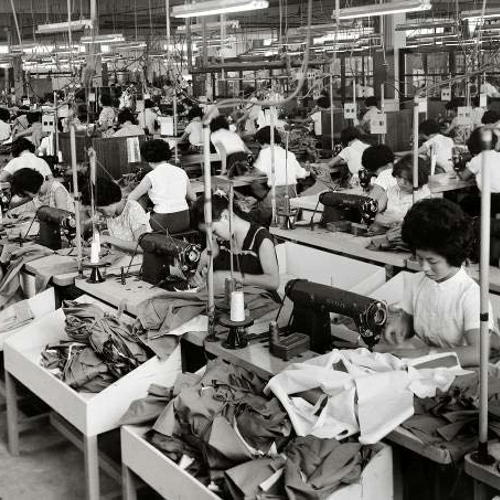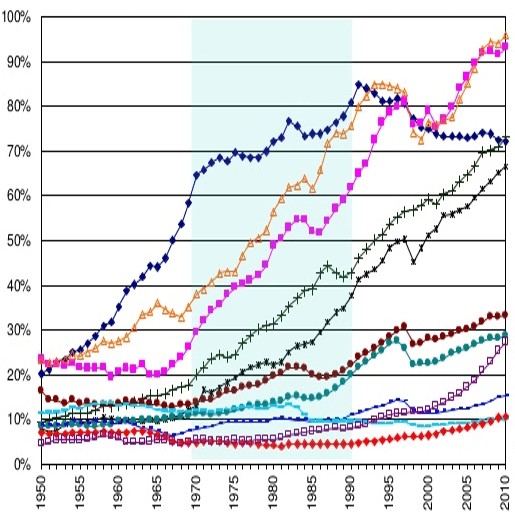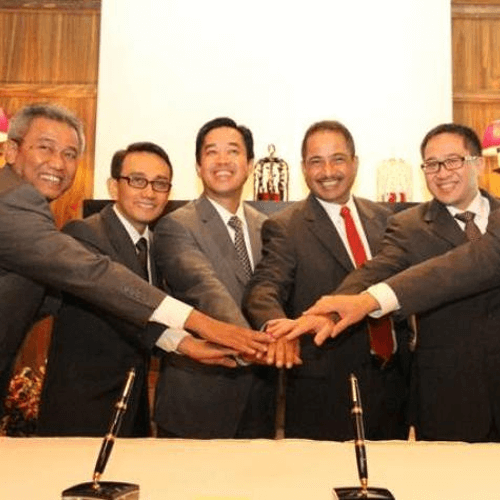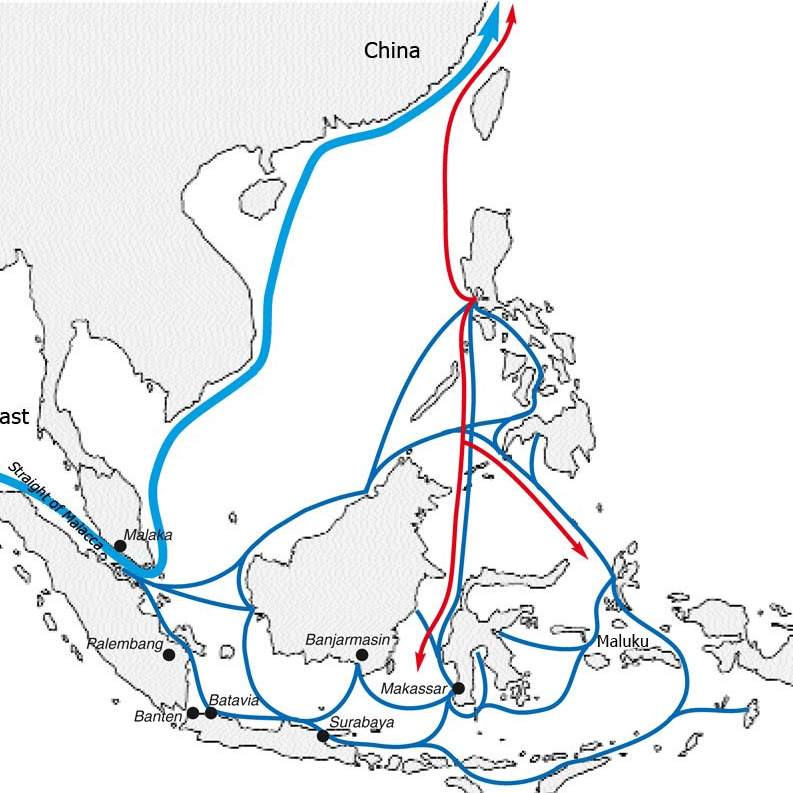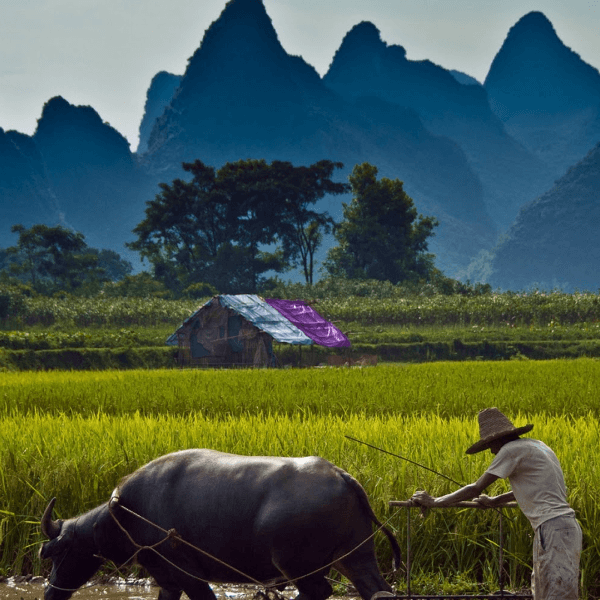Articles/Essays/Notes
Indonesia 2020: Consolidate, and Respond
An open letter to my friends and clients in Indonesia.
The global economy has taken a blow, with volatility in exchange rates and commodity prices and mass unemployment. National monetary authorities have adjusted their predictions for economic growth in 2020-2021, with negative growth expected in 2020 and 2021. Many governments are implementing excepti...
Indonesian Land Law and Foreign Ownership of Land
Indonesian Land Law is quite different to the laws that apply in most Western or developed countries. Foreigners wishing to use or purchase land for whatever purpose need to be aware of these differences and not assume that legal conventions that apply in their home countries necessarily apply in In...
Doing Business in Indonesia
From a Western Perspective
> This is a modified version of a report commissioned by the East Asia Analytical Unit of the Australian Department of Foreign Affairs and Trade in July 2000, as part of a book entitled *Indonesia: Facing the Challenge* published in December, 2000. Views contained within this report are *entirely my...
Culture Matters in Indonesia
An email exchange with Dennis De Tray, Indonesia country director, World Bank 1997-1999
> The views contained within this article are entirely my own and do not necessarily reflect past or present opinions or policies of any other person or organisation. Culture really matters when doing business, especially in Indonesia. An understanding of the cultures, outlooks, perceptions of the p...
The role of FDI in the development of Singapore
A model development path?
The rapid economic development of the NIEs (Hongkong, Singapore, South Korea, and Taiwan) over the past three decades has necessitated the utilisation of external resources, principally foreign capital.[1] Without such resources, industrialisation and development on the scale undertaken could simply...
Indonesia's Economic Development
in comparison to South Korea and Taiwan
The rapid pace of economic development in East Asia over the past few decades has awed the world. This is particularly so for the so-called Newly Industrialising Countries (NICs) which include South Korea and Taiwan, together with the city-states of Singapore and Hongkong. Since the 1980's, these st...
Joint Venture, or 100% Foreign-Owned?
> First published in OzIndo Vol 5 No 1, magazine of the Australia-Indonesia Business Council Joint ventures (JVs) have long been the working foundation upon which foreign investment has entered many developing countries. In fact, in many countries JVs are the only way that foreign capital can be inv...
The Importance and Consequences of Trade in Southeast Asia
until 1870
To trade is human. Like the ability to communicate abstract ideas, trade is one of those activities that differentiates Homo sapiens from the rest of the animal world. And trade is more than just a mere exchange of surplus; its social and political impact is profound binding both families, tribes an...
Hukum Agraria Indonesia
(Indonesian Land Law)
Gary Robert Dean (Universitas Gadjah Mada NIM 96/111909/EK/13500) Dalam pembahasan tentang sejarah Hukum Agraria Indonesia ada dua fase penting yang harus dipertimbangkan, yaitu fase sebelum September 1960, dan fase sesudah tanggal itu. Dalam fase sebelum September 1960 Hukum Agraria Indonesia terdi...
